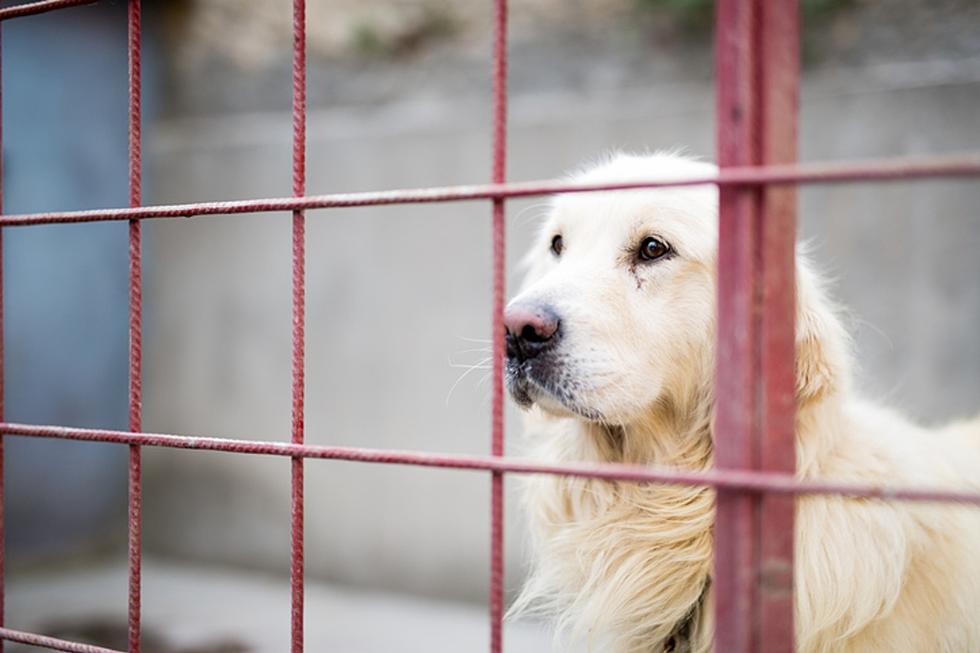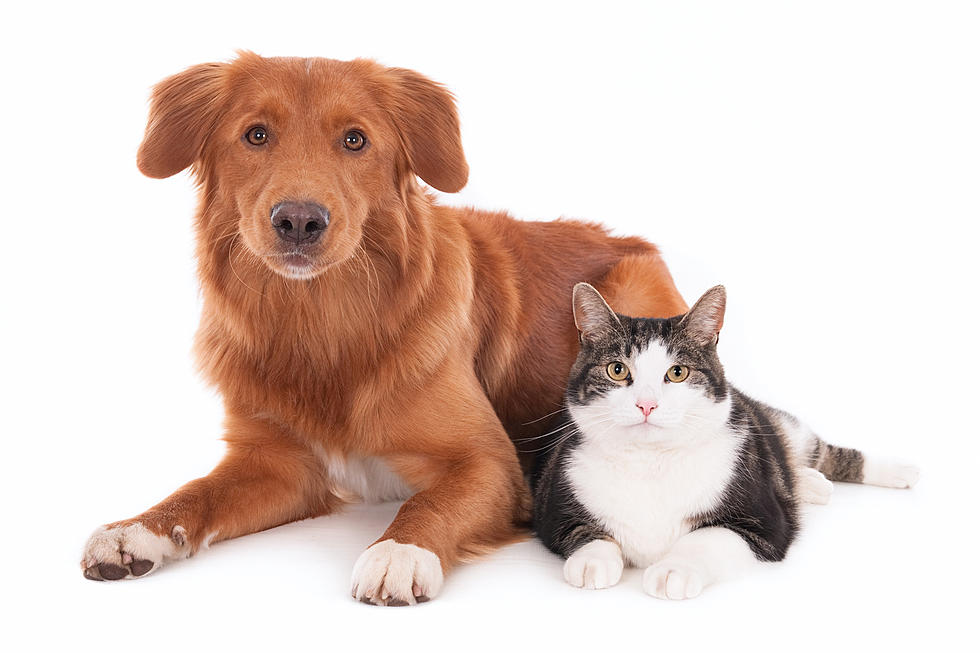
Secondhand smoke just as harmful to pets
If you smoke and have pets, you may want to think twice before lighting up in their company. Secondhand smoke can cause lung and nasal cancer in dogs, malignant lymphoma in cats, and allergic reactions and respiratory issues in both, according to Tufts University's School of Veterinary Medicine, Colorado State University and other schools.
Pets are not mentioned in this year's report by the U.S. Surgeon General, but reports going as far back as 2006 confirmed that secondhand smoke puts animals at risk. The American Legacy Foundation, a large nonprofit public health charity, has encouraged smokers to quit for the sake of their pets, and the American Society for the Prevention of Cruelty to Animals also urged people with pets to maintain smoke-free homes.
"It's not much of a surprise because our pets are not much different then we are, but when pets live in a house with a smoker, the risks are very real," said Dr. Peter Falk, public relations co-chair of the New Jersey Veterinary Medical Association and practicing veterinarian at Ocean County Veterinary Hospital in Lakewood. "Dogs and cats are both prone to getting lung and nasal cancers at a higher incidence when they are breathing in secondhand smoke."
Cats are even more susceptible to tobacco smoke than dogs. Lymphoma is one of the leading causes of feline death. The research from Tufts showed that repeated exposure to smoke doubled a cat's chances of getting the cancer, and living with a smoker for more than five years increased the risk fourfold. Smoke can also cause a fatal mouth cancer.
"Cats are often inside more and they often have very close contact with their owners when they are, so it makes sense that they are more susceptible," Falk said.
Falk also recommends people keep e-cigarettes away from their pets.
"If a pet gets a hold of the liquid nicotine, it can be highly toxic," he said. "The flavored tobaccos that are put in the e-cigarettes can be very attractive because they are sweet, and if they ingest those, they can be very dangerous."
Dogs or cats who may be suffering from the effects of secondhand smoke could experience a variety of symptoms including nasal discharge, red eyes, breathing problems and coughing.
For more information, click here.
The Associated Press contributed to this report.
More From New Jersey 101.5 FM









